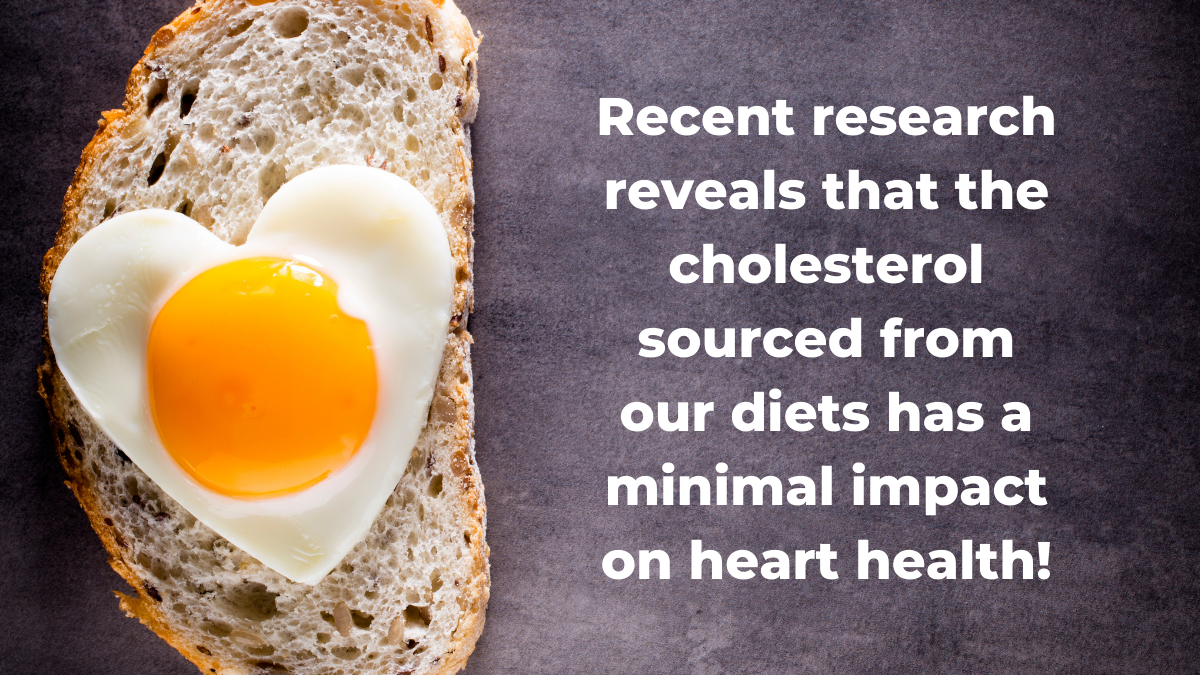Are Eggs Bad for Your Heart? A French Biochemist Says Otherwise
Eggs have long been a breakfast staple and a protein-packed favorite for athletes and health-conscious eaters. Still, one lingering debate keeps cropping up: Do eggs increase your risk of heart disease due to cholesterol? French biochemist and author Jessie Inchauspé, popularly known as the Glucose Goddess, has taken to social media to challenge this long-standing concern — and her argument is backed by science.

Debunking the Egg and Heart Disease Myth
What Did the French Scientist Say?
In a recent Instagram video, Jessie Inchauspé made it clear:
“I eat 3 to 4 eggs every single day, and they’re amazing for your health. The cholesterol in eggs is not what’s damaging to your heart,” she said.
According to her, the real issue at play isn’t dietary cholesterol from whole foods like eggs — it’s factors like oxidized LDL cholesterol, inflammation, and excessive sugar consumption that pose greater risks to heart health.
Nutritional Power of One Whole Egg
Let’s break down what you get from just one large egg:
-
Calories: 78 kcal
-
Protein: 6 grams
-
Fat: 5 grams
-
Vitamin B12: 23% of Daily Value (DV)
-
Riboflavin (B2): 20% DV
-
Pantothenic Acid (B5): 14% DV
-
Selenium: 28% DV
-
Other nutrients: Includes vitamin A, D, E, B6, folate, phosphorus, calcium, iron, and zinc
Clearly, eggs are a nutrient-dense superfood that supports energy, cell function, and muscle repair. And yes–they’re heart-friendly when included in a balanced diet.
What Actually Harms the Heart?
LDL Cholesterol — The Real Story
Jessie explains that the biggest contributors to heart damage are:
-
Small, dense LDL particles
-
Oxidation and inflammation of these particles
These processes inflame blood vessels, clog arteries, and lead to more significant cardiovascular issues over time. Surprisingly, eating eggs isn’t the trigger behind these issues.
What’s Really to Blame?
According to Inchauspé, the real culprit is:
“Excess sugar and high insulin levels spike the production of unhealthy LDL particles and cause oxidative stress in your bloodstream.”
Translation? Sugar — not eggs — should be your main concern.
Overconsumption of:
-
Fructose-sweetened drinks
-
Refined carbs
-
Processed sugars
…can elevate inflammatory markers, stimulate fatty liver, and wreak havoc on blood lipid profiles.
How to Safely Include Eggs in Your Diet
If you’re concerned about heart health but love your eggs, Jessie’s advice is simple and science-approved:
-
Don’t fear whole eggs — yolk included!
-
Prioritize sugar reduction over fat elimination.
-
Pair eggs with fiber-rich vegetables for optimal blood sugar stability.
-
Avoid combining eggs with processed meats and trans fats (like in some takeout breakfasts).
-
Use moderate preparation methods like boiling or poaching instead of deep-frying.
Takeaway: Eggs Are Not the Enemy — Sugar Might Be
There’s a growing consensus among nutrition scientists that dietary cholesterol is not automatically harmful. It’s outdated to restrict whole foods like eggs based on old assumptions.
Eggs provide complete nutrition, and when paired with an anti-inflammatory, low-sugar lifestyle, they may support heart health rather than harm it.
As Jessie said,
“There doesn’t need to be a limit on how many eggs you consume—especially if your sugar intake is under control.”